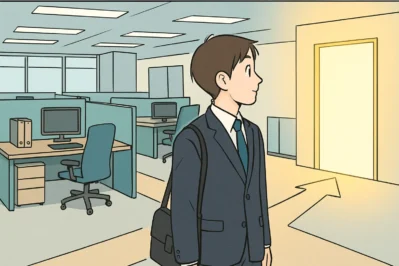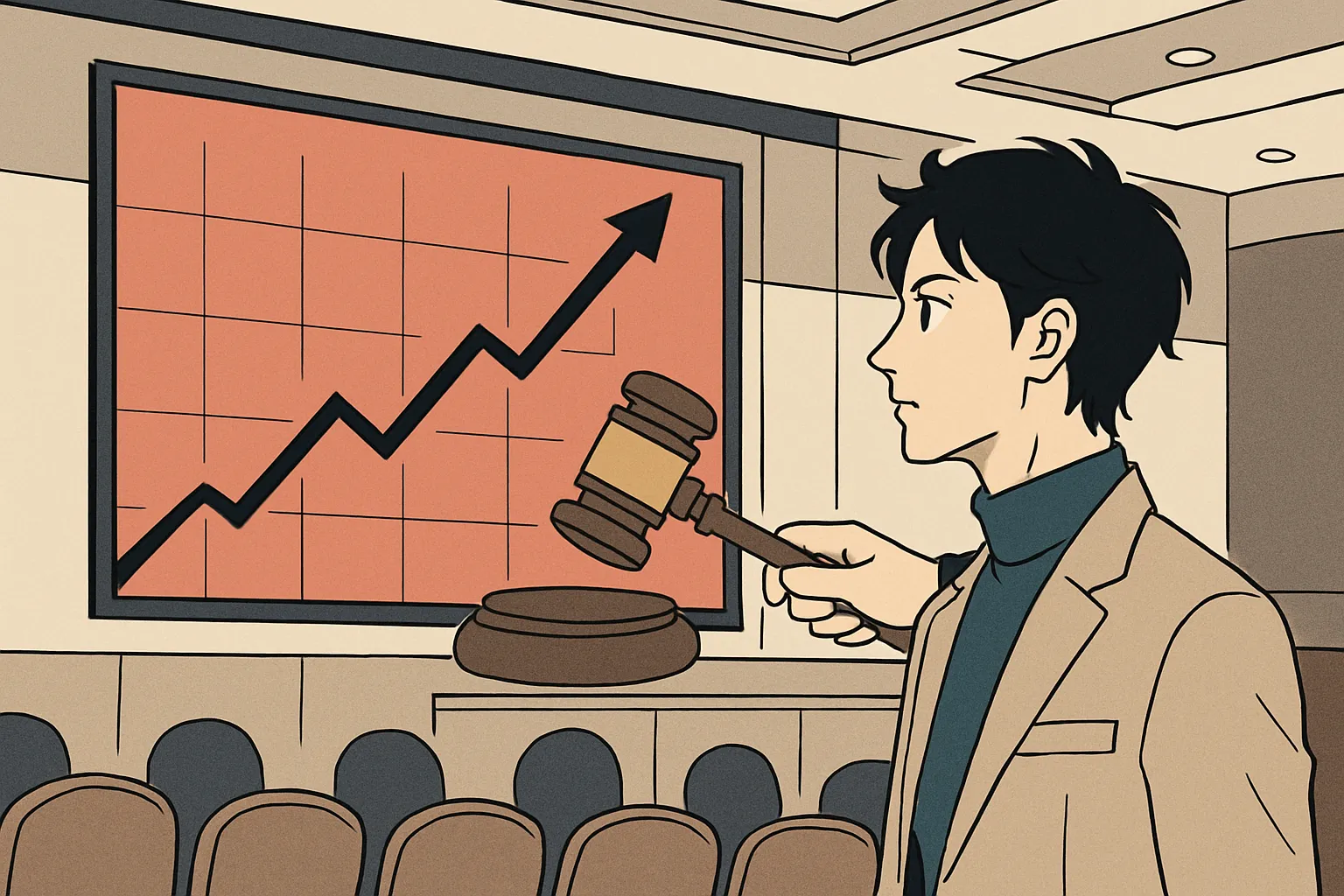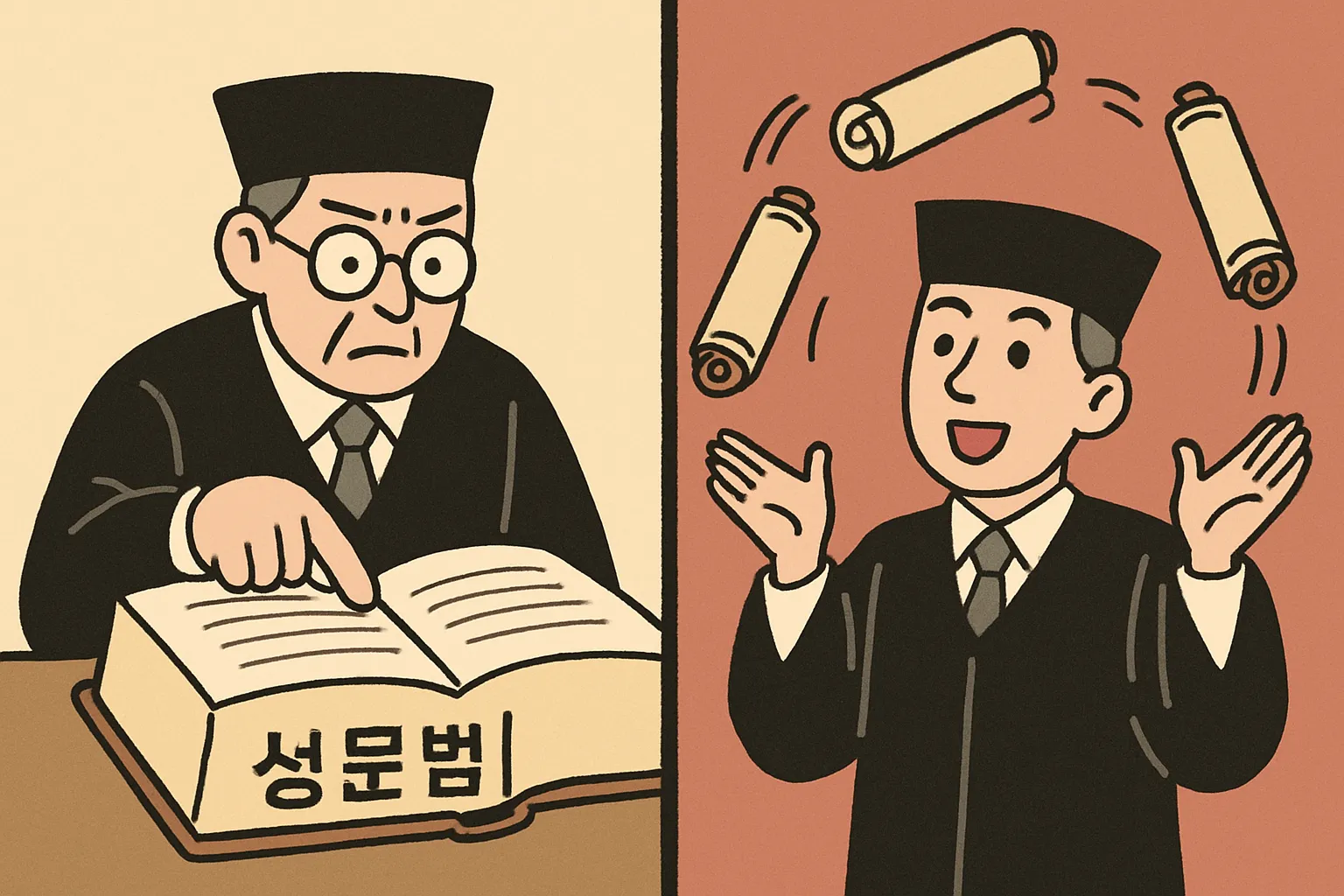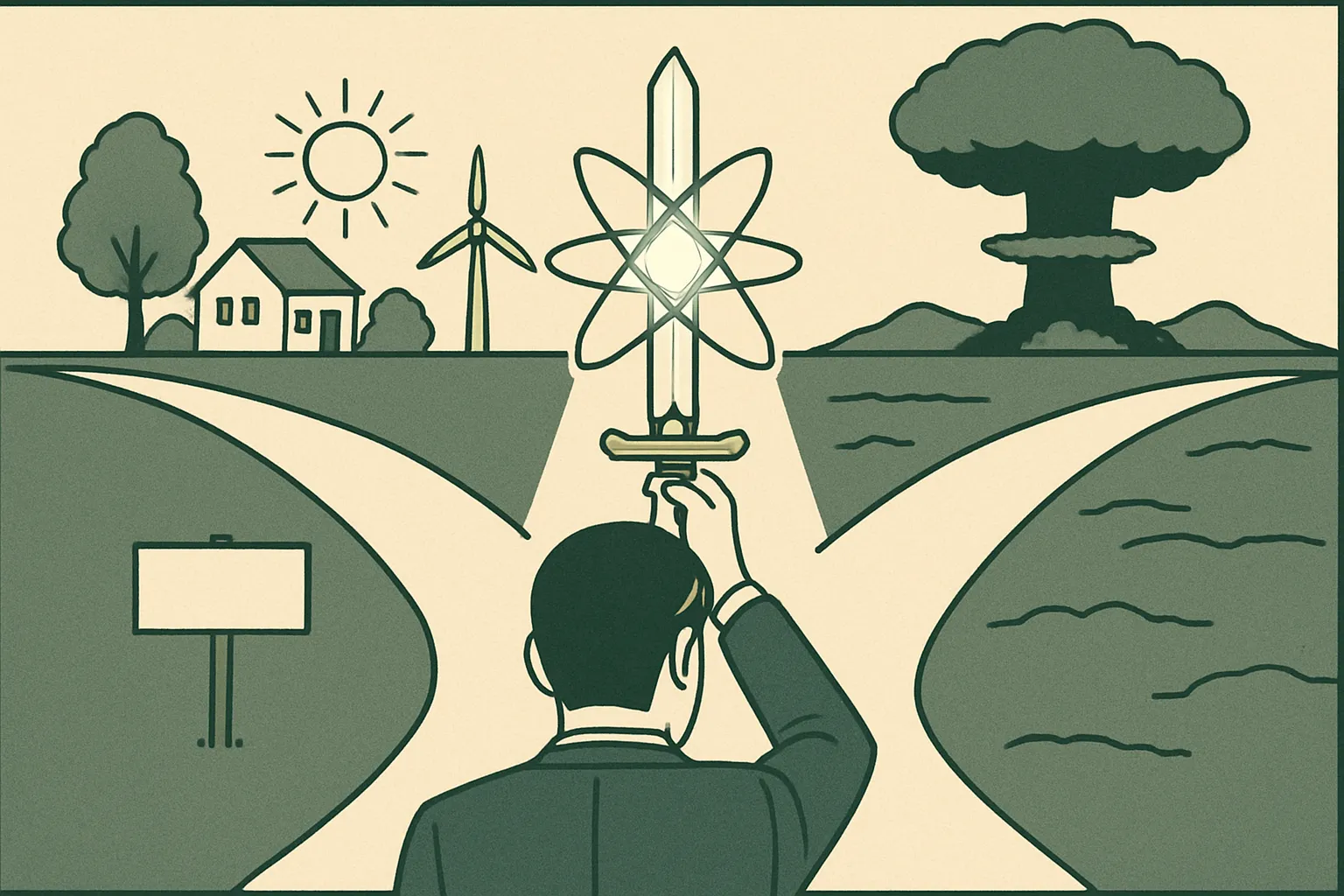Hello! It’s your favorite Korean language guide, Maeil Hangeul (매일한글), here to upgrade your Korean skills!
Are you feeling stuck in your current role? Do you dream of trying something new and growing your skills within your company? You’re not alone! Today, we’re going to tackle a very practical and important topic: how to professionally request a job change or department transfer in a Korean workplace.
Lately in Korea, the idea of a “Career Upgrade” (커리어 업그레이드) is a huge topic, especially among the MZ generation. It’s no longer about staying in one job forever. Instead, it’s about proactively seeking new challenges and opportunities for growth. So, if you’re working in a Korean company and want to make a move, this lesson is for you! Let’s learn how to express your ambitions like a pro.
Key Expressions for Your Career Upgrade
Here are three essential phrases to help you confidently discuss a potential role change with your manager.
1. ~에 대한 전문성을 키우고 싶습니다 (~e daehan jeonmunseong-eul kiugo sipseumnida)
- Pronunciation [Romanized]: ~eh deh-han jon-moon-ssong-eul ki-oo-go ship-seum-ni-da
- English Meaning: I want to develop my expertise in ~.
- Detailed Explanation: This is a fantastic way to start the conversation. It’s a very professional and positive phrase that shows your ambition is focused on skill development. ‘전문성’ (jeonmunseong) means ‘expertise’ or ‘specialty,’ and ‘키우다’ (kiuda) means ‘to grow’ or ‘to raise.’ By using this, you’re framing your request as a desire to contribute more effectively to the company, not just as a personal whim.
2. 부서 이동을 신청하고 싶습니다 (Buseo idong-eul sincheonghago sipseumnida)
- Pronunciation [Romanized]: Boo-suh ee-dong-eul shin-chong-ha-go ship-seum-ni-da
- English Meaning: I would like to apply for a department transfer.
- Detailed Explanation: This is the core request. It’s direct, polite, and formal. ‘부서’ (buseo) means ‘department,’ ‘이동’ (idong) means ‘movement’ or ‘transfer,’ and ‘신청하다’ (sincheonghada) means ‘to apply for.’ You use this phrase after you’ve explained your motivation (using Phrase #1!). It clearly states your intention in a respectful manner suitable for speaking with a superior.
3. 긍정적으로 검토해 주시면 감사하겠습니다 (Geungjeongjeog-euro geomtohae jusimyeon gamsahagessseumnida)
- Pronunciation [Romanized]: Geung-jong-jok-eu-ro gom-toh-heh joo-shi-myon gam-sa-ha-get-seum-ni-da
- English Meaning: I would be grateful if you would consider it positively.
- Detailed Explanation: This is the perfect closing phrase. It shows humility and respect for your manager’s authority. ‘긍정적으로’ (geungjeongjeog-euro) means ‘positively,’ and ‘검토하다’ (geomtohada) means ‘to review’ or ‘to consider.’ You are not demanding an outcome; you are politely asking for thoughtful consideration. This phrase leaves a great impression.
Example Dialogue
Let’s see how these expressions work in a real conversation between an employee, Alex, and their manager (팀장님, Timjangnim).
A (Alex): 팀장님, 잠시 드릴 말씀이 있습니다. 시간 괜찮으신가요?
(Timjangnim, I have something to discuss with you. Do you have a moment?)
B (Manager): 네, 알렉스 씨. 괜찮아요. 무슨 일이에요?
(Yes, Alex. It’s fine. What’s on your mind?)
A (Alex): 저는 요즘 AI 기반 마케팅에 대한 전문성을 키우고 싶습니다. 저희 회사가 그 분야를 확장하고 있어서, 저도 기여하고 싶다는 생각이 들었습니다.
(Lately, I want to develop my expertise in AI-based marketing. As our company is expanding in that field, I felt that I want to contribute as well.)
B (Manager): 그렇군요. 좋은 생각이네요.
(I see. That’s a great thought.)
A (Alex): 그래서 마케팅팀으로 부서 이동을 신청하고 싶습니다. 긍정적으로 검토해 주시면 감사하겠습니다.
(Therefore, I would like to apply for a department transfer to the Marketing Team. I would be grateful if you would consider it positively.)
B (Manager): 알겠습니다. 알렉스 씨의 성장 의지가 보기 좋네요. 공식적인 절차에 대해 한번 알아보고 다시 이야기합시다.
(I understand. It’s good to see your desire for growth, Alex. Let’s look into the official procedure and talk again.)
Culture Tip & Trend Deep Dive: The ‘Career Upgrade’ Mindset
The phrases we learned today are more than just words; they reflect a significant shift in Korean work culture.
In the past, the ideal was the ‘평생직장’ (pyeongsaeng jikjang), or the “lifelong job,” where loyalty to one company was paramount. However, the Korean MZ generation (Millennials and Gen Z) prioritizes personal growth and satisfaction. This is the heart of the ‘커리어 업그레이드’ trend.
They aren’t afraid to voice their desires for new roles or even switch companies if they feel stagnant. When you use today’s expressions, you’re showing that you understand this modern, proactive approach to career development.
Pro Tip: When you make this request, be prepared! Korean managers will appreciate it if you have a clear reason why you want to move and how this change will benefit not just you, but the team and the company as a whole. Showing that you’ve thought about the company’s goals will make your request much more powerful!
Let’s Practice!
Great job making it this far! Now it’s time to put your knowledge to the test.
Practice Question: Fill in the blanks below to create a polite request to move to the ‘Content Planning Team’ (콘텐츠 기획팀).
“콘텐츠 기획에 대한 (A)______을/를 키우고 싶습니다. 그래서 (B)______ 이동을 신청하고 싶습니다. (C)______으로/로 검토해 주시면 감사하겠습니다.”
(Scroll down for the answers!)
.
.
.
.
.
Answers:
A: 전문성 (jeonmunseong)
B: 부서 (buseo)
C: 긍정적 (geungjeongjeog)
How did you do?
Now it’s your turn! Try creating your own sentence requesting a transfer to a department you’re interested in. Leave your sentence in the comments below! We’d love to see what you come up with. Keep up the great work






